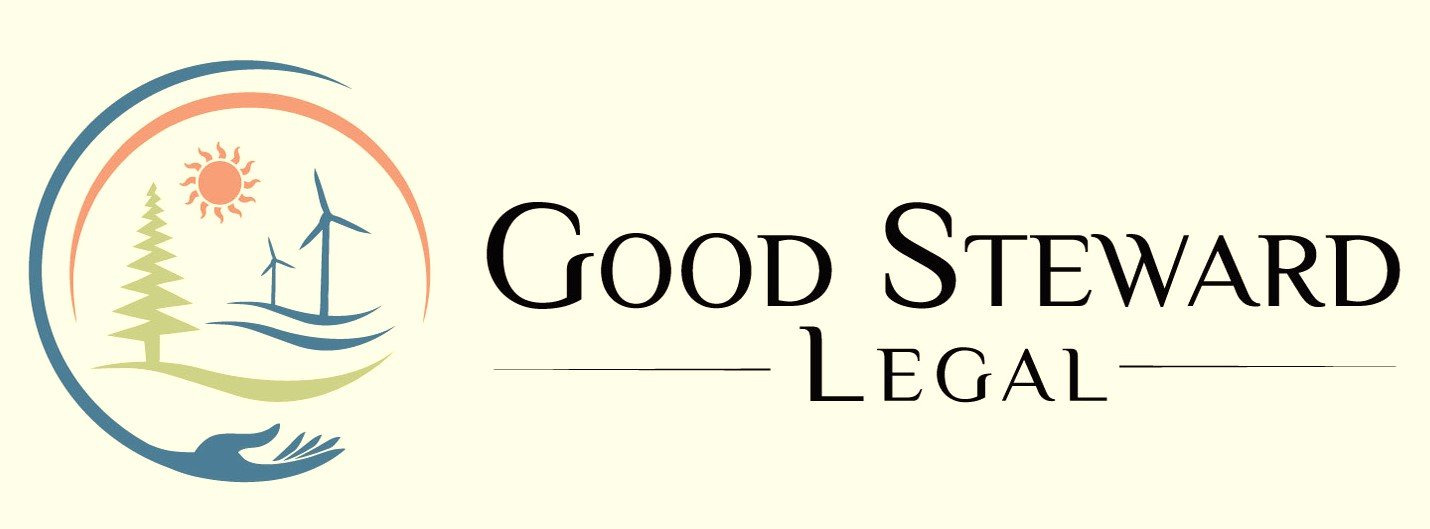Tenth Circuit Rejects Challenge to Critical Habitat Designation
In a recent decision, the U.S. Court of Appeals for the Tenth Circuit upheld the U.S. Fish and Wildlife Service’s designation of critical habitat for the jumping mouse in the Southwestern United States. In doing so, the court approved the Service’s “baseline approach” for making economic evaluations under Endangered Species Act (“ESA”) Section 4(b)(2). The case is Northern New Mexico Stockman’s Association v. U.S. Fish and Wildlife Service, Case No. 21-2019.
Background
The jumping mouse, listed as an endangered species, is only active (not hibernating) during the summer months and depends on access to nutrients and nest material from vegetation on the banks of perennial flowing water. In listing the species, the Service recognized that cattle grazing poses a unique threat to jumping mouse habitat. As a result, the Service designated 14,000 acres of riparian land in New Mexico, Colorado, and Arizona as critical habitat for the mouse and restricted cattle grazing activities in those areas. Impacted ranchers filed a lawsuit challenging the Service’s critical habitat designation and lost before the district court.
Decision
On appeal, the Tenth Circuit affirmed the district court’s decision. First, the Tenth Circuit rejected plaintiffs’ argument that the Service’s use of the “baseline approach”—which considers the economic impact only of the critical habitat designation (and not of listing a species)—violated ESA Section 4(b)(2). The court concluded that the Service’s interpretation of ESA Section 4(b)(2) reflected in the baseline approach was lawful because “[u]nder the plain language of the provision, the only costs that must be considered by the [Service] are the costs related to the designation of the critical habitat.” Second, the court determined that the Service adequately considered the implications of the critical habitat designation on plaintiff-ranchers’ water rights. Third, and finally, the court upheld the Service’s decision not to exclude certain areas from its designation, concluding that the Service reasonably exercised its discretion.
Questions?
If you have any questions about this case or the ESA, please contact Jared Wigginton at jared@goodstewardlegal.com.
***
Good Steward Legal is a principles-driven business law office dedicated to protecting and advancing its clients’ interests by providing them with cost-effective, high-quality legal service. Good Steward Legal is proud to be a 1% for the Planet member and signatory of the Law Firm Climate Pledge.
